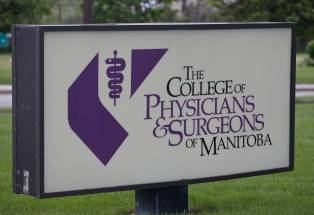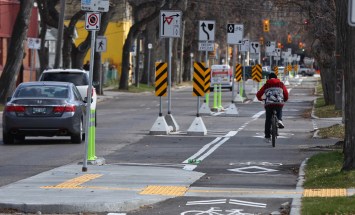Physician watchdog under fire for ‘outrageous’ policy Medical profession’s regulator ‘abdicating responsibility’ by deferring investigations into sexual misconduct during police probes, lawyer charges
Read this article for free:
or
Already have an account? Log in here »
To continue reading, please subscribe:
Monthly Digital Subscription
$0 for the first 4 weeks*
- Enjoy unlimited reading on winnipegfreepress.com
- Read the E-Edition, our digital replica newspaper
- Access News Break, our award-winning app
- Play interactive puzzles
*No charge for 4 weeks then price increases to the regular rate of $19.00 plus GST every four weeks. Offer available to new and qualified returning subscribers only. Cancel any time.
Monthly Digital Subscription
$4.75/week*
- Enjoy unlimited reading on winnipegfreepress.com
- Read the E-Edition, our digital replica newspaper
- Access News Break, our award-winning app
- Play interactive puzzles
*Billed as $19 plus GST every four weeks. Cancel any time.
To continue reading, please subscribe:
Add Free Press access to your Brandon Sun subscription for only an additional
$1 for the first 4 weeks*
*Your next subscription payment will increase by $1.00 and you will be charged $16.99 plus GST for four weeks. After four weeks, your payment will increase to $23.99 plus GST every four weeks.
Read unlimited articles for free today:
or
Already have an account? Log in here »
Hey there, time traveller!
This article was published 16/08/2022 (1210 days ago), so information in it may no longer be current.
The Manitoba physician watchdog’s policy of deferring its own investigations into allegations of sexual misconduct while a police probe is ongoing is “outrageous” and is further evidence an independent review is needed into the regulatory body, critics say.
The College of Physicians and Surgeons of Manitoba confirmed its policy to the Free Press last week, saying it will “cease” to actively investigate complaints against doctors when it learns of a parallel criminal investigation. It “defers to the higher authority such as the police or the courts to minimize interference with their public protection role.”
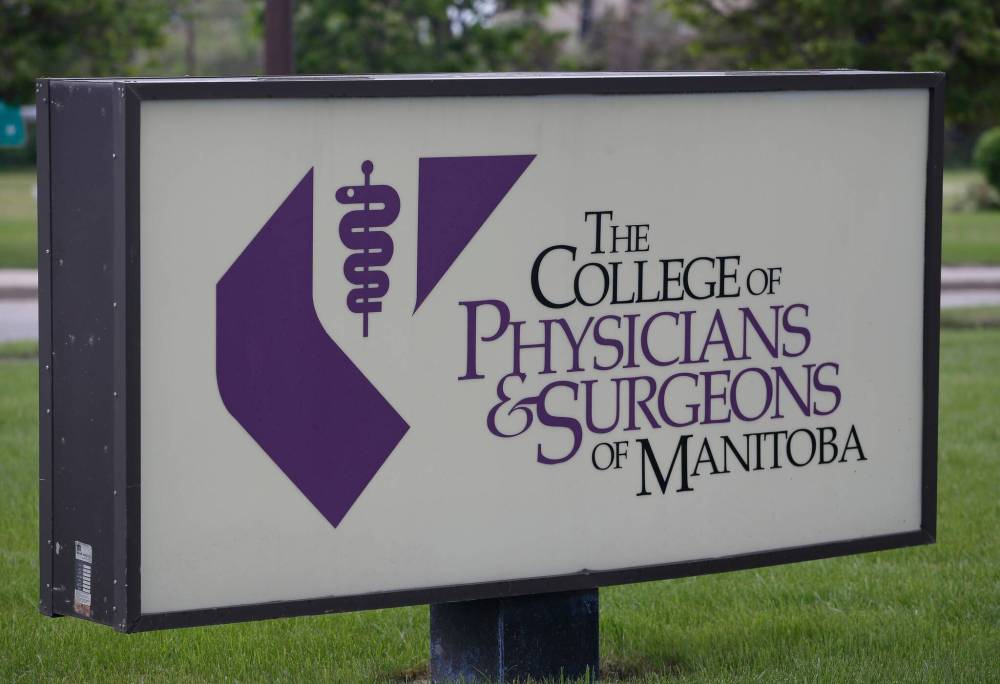
The college suggested the policy is in place, at least in part, to help sexual assault victims.
“Putting a complainant through two simultaneous investigations is not only confusing and potentially counter-productive, it is likely to be more distressing for the patient and can lead to two very different investigations and outcomes, which does not serve in the patient or the public’s best interest,” the college said in a statement.
Paul Harte, a Toronto medical malpractice lawyer and outspoken critic of self-regulatory bodies, called the approach “outrageous.”
“Whether a complainant proceeds or doesn’t proceed has nothing to do with (the college’s) duty to investigate,” Harte said. “They’re abdicating their responsibility both to the public and also to the victim… whose complaints need to be taken seriously.”
Related items
Diagnosis: disrespect
A rural Manitoba woman who accused a doctor of sexual assault was treated with derision by police, followed by indifference and insensitivity from the province’s physician regulator.
He notes that the standard of proof the college uses in investigations — balance of probabilities — is significantly lower than “beyond a reasonable doubt” used by a criminal court.
“It is entirely possible that the college would be able to pursue their allegations and be successful, whereas a criminal prosecution would potentially be unsuccessful,” he said.
The policy came to light during an ongoing Free Press investigation into how the college handles cases of physician misconduct. On Saturday, the newspaper reported it took Ste. Anne police three years to take action in a case involving a local doctor — now facing charges — and that the college failed to suspend him when a whistleblower reported allegations of sexual assault.
The whistleblower went to the college because she felt police were failing her. Now, she is “frustrated and upset” to learn the college likely stopped investigating her case — a step she said she was not informed of.
She had always assumed the college was looking into the matter.
“I did everything I could do to bring forward all the information to the appropriate people and it was not taken seriously,” said the woman, whose name is covered by a publication ban.
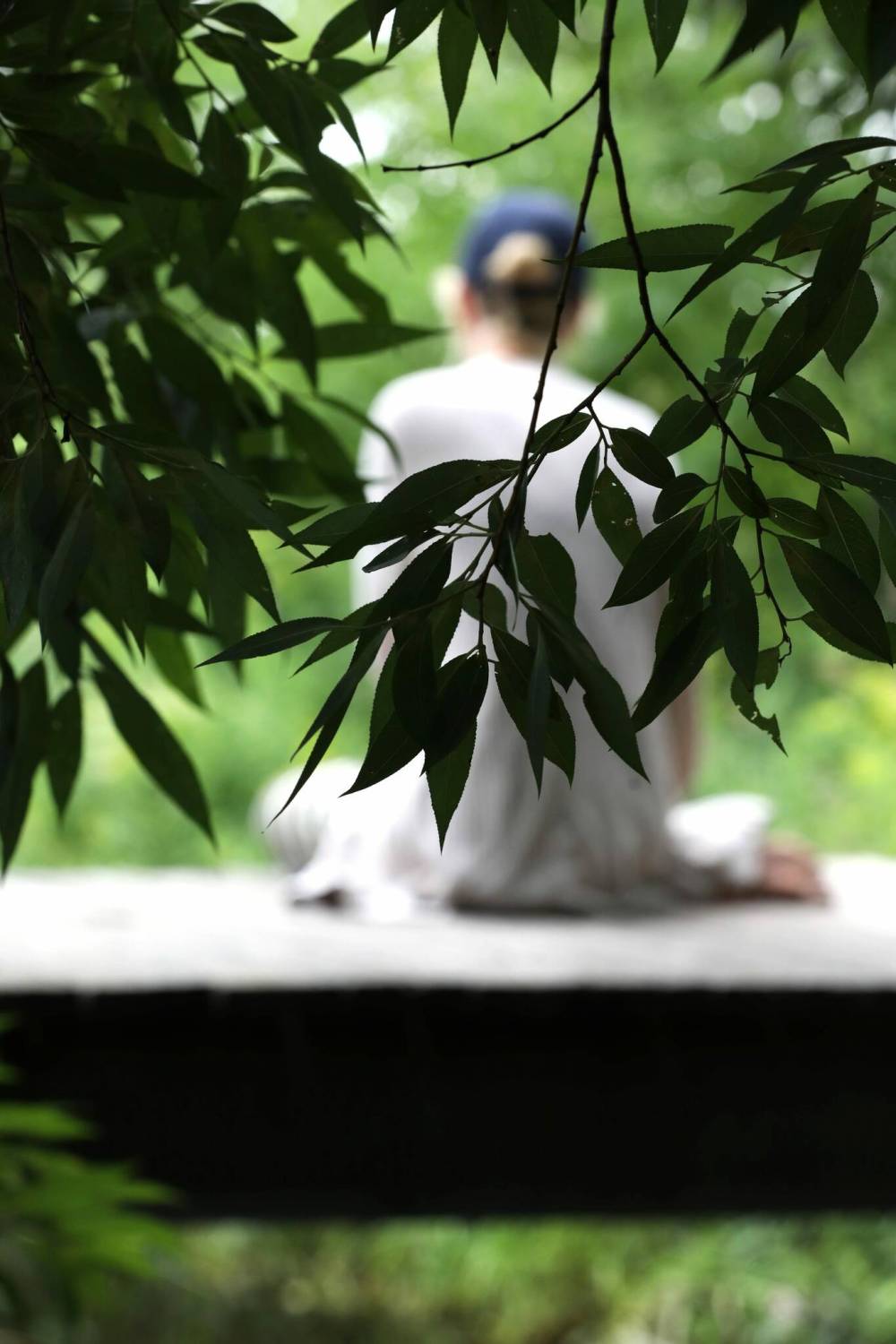
The Ste. Anne doctor, Arcel Bissonnette, now faces 22 charges of sexual assault involving female patients. The allegations span two decades. Court documents show some of the alleged offences occurred after the college was made aware of the woman’s alleged sexual assault. Bissonnette, who is in his 60s, is presumed innocent as the matter is before the court. His lawyer has not responded to requests for comment.
The extent to which the college and police communicated about Bissonnette is unclear.
The college has not responded to additional questions about the case. It previously confirmed it put a condition on his licence in January 2019 requiring he have a chaperone present during breast or pelvic exams. He is not currently practising medicine due to bail conditions and a voluntary undertaking with the college. Ste. Anne police say they cannot comment while the file is before the court.
Manitoba Liberal Leader Dougald Lamont questions whether the college is operating in the public’s best interest.
“I really have to question whether we’re at a point in terms of protecting patients where we’re only going to protect them if someone is convicted of a crime,” Lamont said.
“That is a below rock-bottom standard of care.”
“Whether a complainant proceeds or doesn’t proceed has nothing to do with (the college’s) duty to investigate. They’re abdicating their responsibility both to the public and also to the victim… whose complaints need to be taken seriously.” – Paul Harte, a Toronto medical malpractice lawyer
Meanwhile, calls are growing for the province to launch an independent review.
“What is the (health) minister going to do to provide direction and fix the problems?” Harte asks. A review could reveal potential systemic flaws in self-regulation — doctors overseeing doctors — including that physicians are overly protective of their peers, something he argues is likely at the root cause of this case.
Brandon Trask, an assistant professor of law with the University of Manitoba, called the college’s handling of the Bissonnette case “very, very concerning.”
He urged the province to examine how the legislation that governs the college, the Regulated Health Professions Act, “works or doesn’t work” in practice. He noted police investigations can take years, during which time the college would apparently not be looking into issues that could be affecting patient safety.
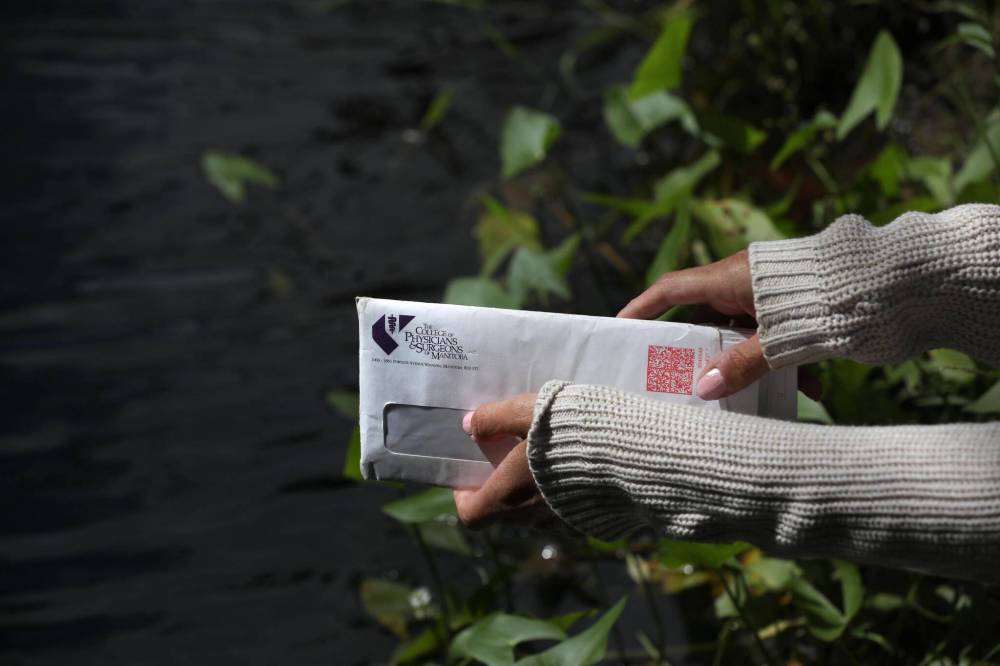
Uzoma Asagwara, Manitoba’s NDP health critic, also supports an independent review.
“We all should want for our health-care system to be as safe a system as possible for everyone,” Asagwara said. “When that doesn’t happen there should be an opportunity to reflect, review and assess in order to ensure that we do better by knowing better as we move forward.”
Repeated requests to interview Health Minister Audrey Gordon about how the college handles cases of physician misconduct have been turned down.
In a statement, her office said: “Colleges should notify a complainant if they are deferring an investigation pending the outcome of a criminal investigation if such notification will not interfere in the criminal investigation.”
Mac Horsburgh, a Winnipeg-based patient advocate, said he is “appalled” to learn the college defers to police.
He questions how the college can have confidence in physicians if it is not taking steps to investigate serious allegations.
katrina.clarke@freepress.mb.ca
Watchdog without bark, bite?
The College of Physicians and Surgeons of Manitoba has defended its practice of not suspending physicians accused of sexual assault, saying courts have decided it shouldn’t do so when allegations are unproven.
But legal experts — along with the legislation that governs the college — say otherwise.
“When there are unproven allegations and the strict criteria set by the courts for interim suspension are not met, we look at other measures that can be reasonably applied to ensure patient safety,” said college spokesperson Wendy Elias-Gagnon.
The practice was revealed amid an ongoing Free Press investigation that, in part, looks at why the college did not suspend a physician’s medical licence after it was informed he was allegedly sexually assaulting patients. Instead, the college put a condition on his licence requiring he have a chaperone present when conducting breast and pelvic exams. The doctor, Arcel Bissonnette, now faces 22 criminal charges of sexual assault, including some alleged offences that occurred after the college was made aware of the sexual abuse allegation.
In defending its practice, the college referred to a 2019 Alberta Queen’s Bench decision.
However, such a decision in one province “is not binding” in another, said Brandon Trask, an assistant professor of law with the University of Manitoba.
“It seems the college is treating it as a definitive statement,” Trask said. “It may be persuasive… and they may choose to follow that, but they don’t have to.”
Paul Harte, a Toronto medical malpractice lawyer, says the college could choose to impose an interim suspension and, if challenged, defend that decision in court.
A spokesperson for Manitoba Health Minister Audrey Gordon confirmed that the college can suspend doctor’s licences pending the outcome of an investigation “if a college determines that conditions are not sufficient to protect the public from serious risk.”
Section 110(1) of Manitoba’s Regulated Health Professions Act states: “Despite any other provision of this Act, the complaints investigation committee or the chair of that committee may direct the registrar to suspend or place conditions on the investigated member’s registration or certificate of practice pending the outcome of proceedings… but only if the committee or the chair, as the case may be, considers it necessary to protect the public from exposure to serious risk.”
Manitoba Liberal Leader Dougald Lamont said the college seems unwilling to use the full extent of its power.
“Watchdogs not having bark or bite is a huge problem,” he said.
— Katrina Clarke

Katrina Clarke is an investigative reporter with the Winnipeg Free Press.
Our newsroom depends on a growing audience of readers to power our journalism. If you are not a paid reader, please consider becoming a subscriber.
Our newsroom depends on its audience of readers to power our journalism. Thank you for your support.



